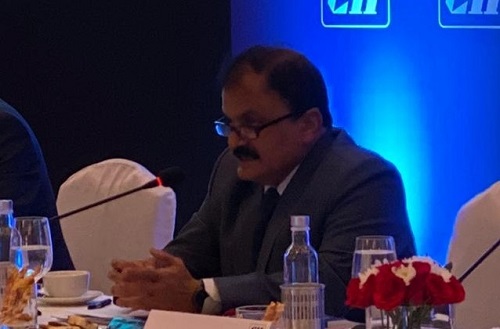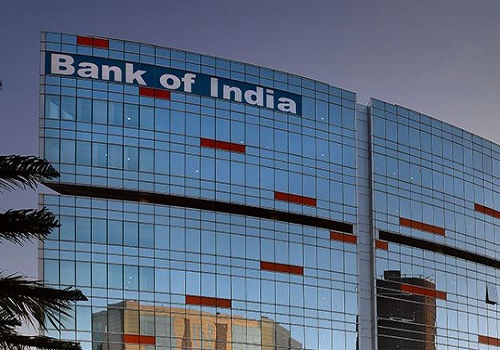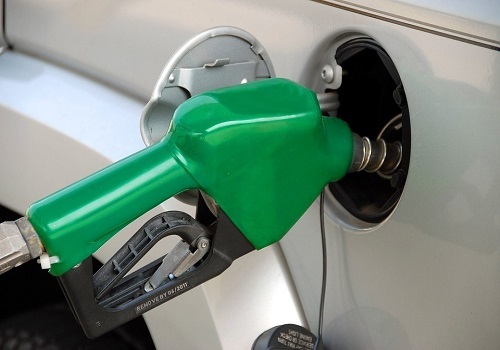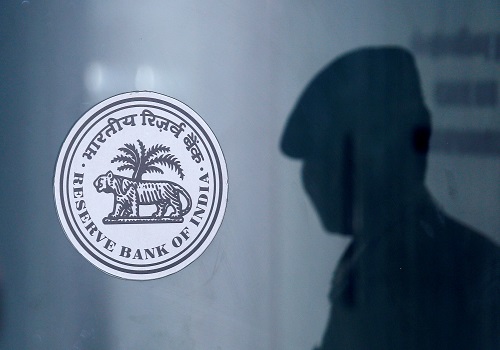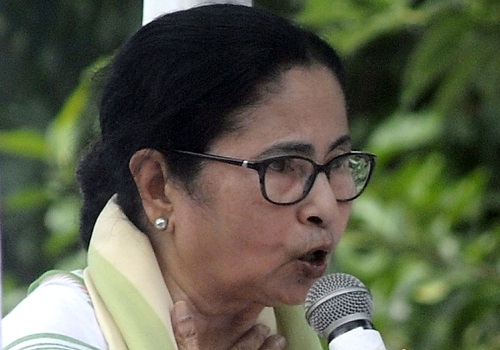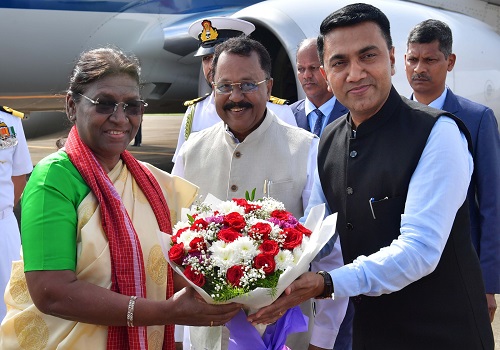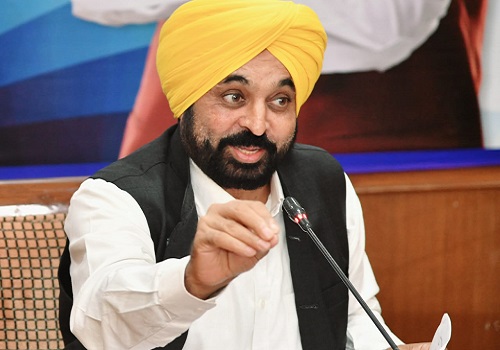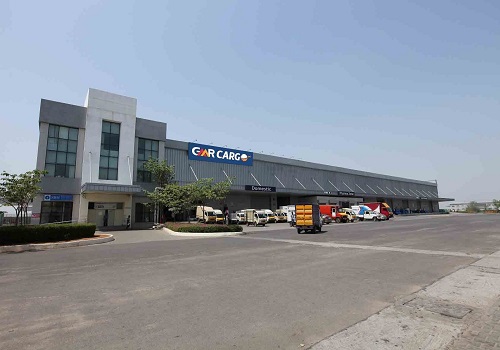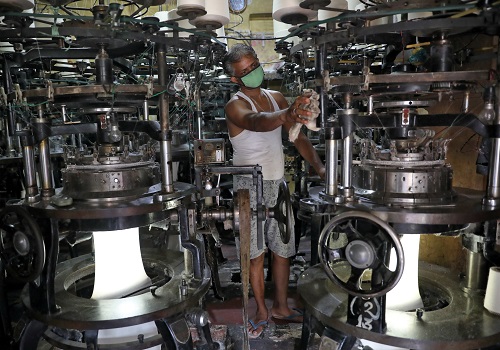European Union grants protected GI for Himachal`s famed Kangra tea
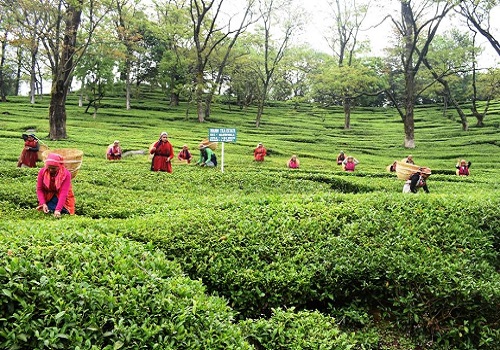
Follow us Now on Telegram ! Get daily 10 - 12 important updates on Business, Finance and Investment. Join our Telegram Channel
The famed British-era Kangra tea, an orthodox variety close to Darjeeling tea, has been registered with the European Union as a protected Geographical Indication (GI), paving the way for its marketing in European countries.
Terming the registration an important tool to recognise its quality, genuineness and reputation, Himachal Pradesh Chief Minister Sukhvinder Sukhu said this would prove to be a boon for the sale of Kangra tea and would benefit the growers of Kangra, Mandi and Chamba districts for its sale in European markets.
At present, 2,310 hectares come under tea cultivation in foothills of Dhauladhars in Dharamsala, Shahpur, Nagrota Bagwan, Palampur, Jaisinghpur, Baijnath and Jogindernagar areas.
Kangra tea is known for its unique taste and fragrance, attributed to its abundant pyrazine contents. Additionally, it also possesses medicinal values due to antioxidants, phenolic compounds, tryptophan, amino acids, theanine glutamine, and catechin.
"Kangra tea was given GI status in 2005 by the Registrar of Geographical Indicators in Chennai and now after registration with EU, the sale of Kangra tea is expected to grow," Sukhu said, as per an official statement.
During the British era, Kangra tea was exported to European markets and because of its quality, it has bagged various awards from markets of Amsterdam and London from 1886 to 1895. However, without a registration certificate, selling Kangra tea in the European markets was not possible until now. But now its registration opens up opportunities for it in European markets as well.
Sukhu said the government is committed to preserve the traditional products of the state and has launched various initiatives to benefit the local artisans and weavers.
He said the GI status has been given to more than 400 traditional products of the state, including the Kullu shawl, Chamba rumal, Kinnaur shawl, Kangra painting, Lahaul woolen socks and gloves, etc.
The registration process for GI status for Himachali cap, Sirmauri loeya, Mandi sepubari, Chamba metal craft, Kinnauri apple and ornaments is under consideration with the Registrar of Geographical Indication, he added.
The Chief Minister lauded the efforts of Himachal Pradesh Science Technology and Environment Council (HIMCOSTE) for completing the tedious process of its registration of Kangra tea with the EU and also congratulated the state Agriculture Department, the IHBT in Palampur, and the Kangra Valley Small Tea Planters Association for their contributions towards this achievement.
The Kangra tea is mostly exported to countries through dealers in Kolkata. Only 10 per cent of the tea is marketed within the state, while the remaining goes to the Kolkata auction centres.
Around 4,000 kg of Kangra tea was exported mainly to Germany, the UK, Russia and France in 2021-22.
There are around 5,900 tea farming families in the state with the average land holding of 95 per cent of them is less than 0.5 hectare. There are 21 big planters, having an average land holding of more than 10 hectares.
The average sale price of Kangra tea is Rs 160 per kg in Kolkata, while it is Rs 400 per kg within Himachal Pradesh.
Tea cultivation was introduced in and around the Palampur foothills in the Kangra valley in the mid-19th century. The Camellia tea, planted by the British in 1849, grew so popular that tea from Kangra won a gold medal at an exhibition in London in 1886 for its superb flavour and quality.
However, a major earthquake that hit the area in 1905 destroyed a large number of tea gardens and tea factories. Thereafter, most of the European planters left, handing over their tea estates to the Indians.












 320-x-100_uti_gold.jpg" alt="Advertisement">
320-x-100_uti_gold.jpg" alt="Advertisement">

